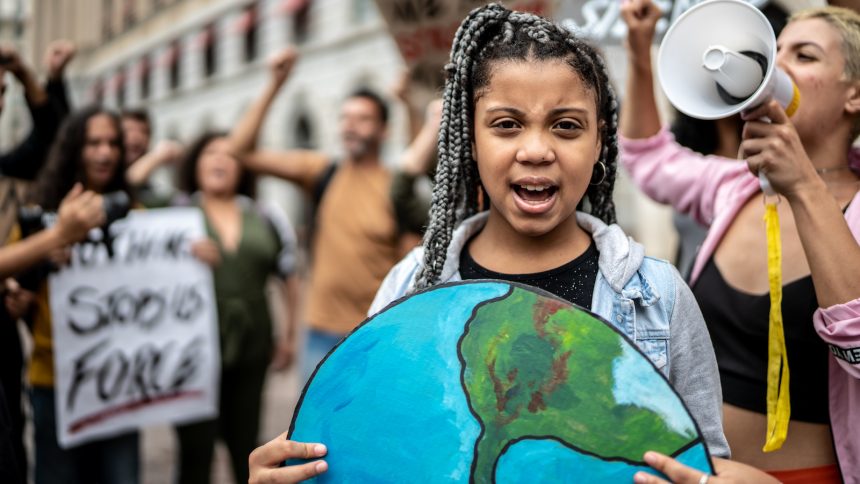Kathrin Zangerl, a pediatrician at the Heidelberg Institute of Global Health in Germany, specializes in how climate change impacts children at different stages of their lives. From the vulnerability of infant lungs to the mental health challenges faced by teenagers due to climate anxiety, children have unique needs that must be considered in climate policies.
In a recent study published in The Lancet, Zangerl and her team found that only a limited number of countries include children in their national climate adaptation plans. Notably, a significant portion of the plans did not mention children at all, and none addressed children’s mental health.
Concerns about the lack of focus on children in climate policies extend beyond health implications. Experts point to the need for advocacy, funding, collaboration among government ministries, and data to drive progress in addressing children’s needs in the face of climate change.
Zangerl and other researchers emphasize the urgency of investing in children today to ensure a resilient adult population in the future. By preparing children through education and public health awareness, countries can build a sustainable response to the challenges of climate change.
For Zangerl and Akhtar, the inclusion of children in climate plans is not only practical but also a matter of fairness. Children, as the inheritors of a warming world, deserve to have a voice in policies that will impact their future survival and well-being.
As the world grapples with the consequences of climate change, ensuring that children are actively involved in decision-making processes and empowered to contribute to climate solutions is essential for a sustainable future.
Correction: A previous version of this story misstated the number of countries with climate adaptation plans that mention children.






